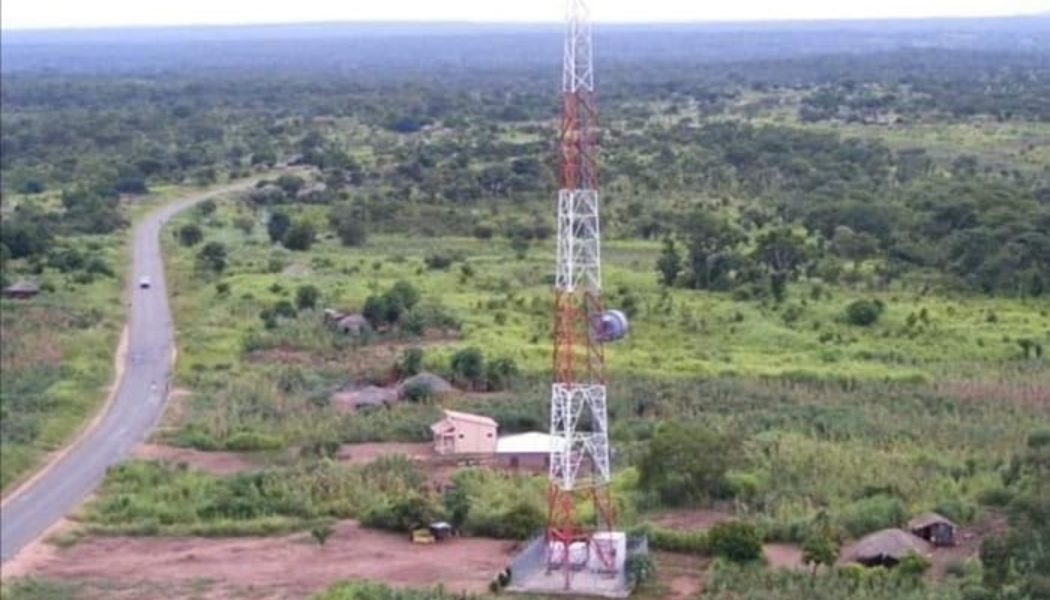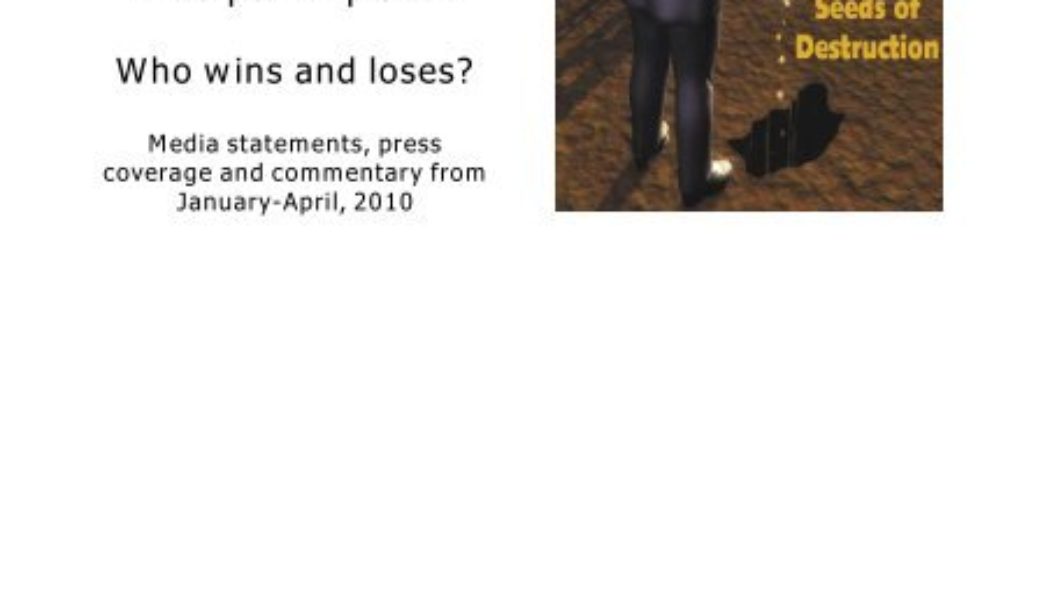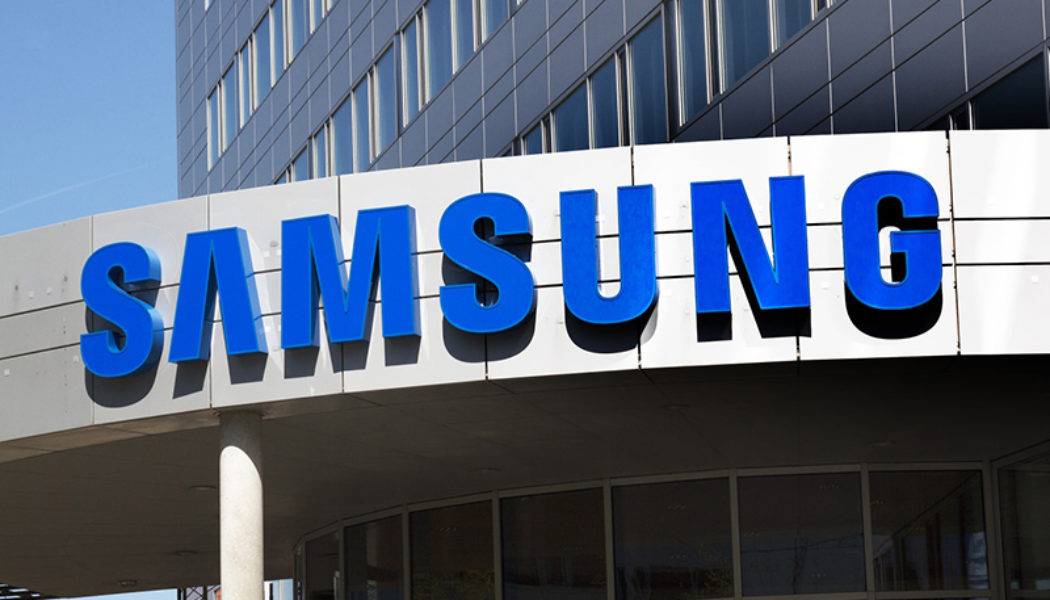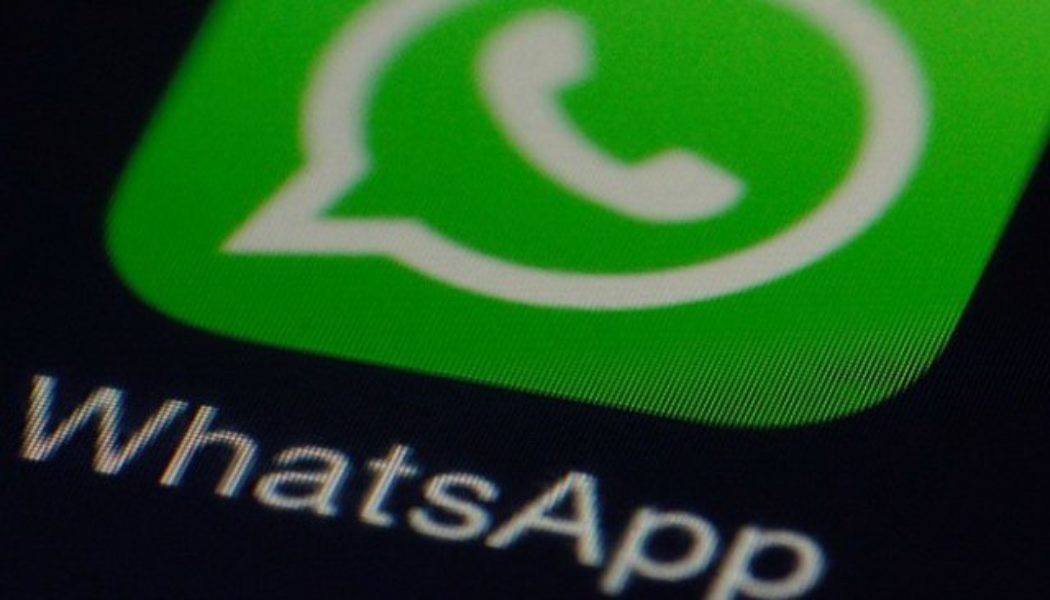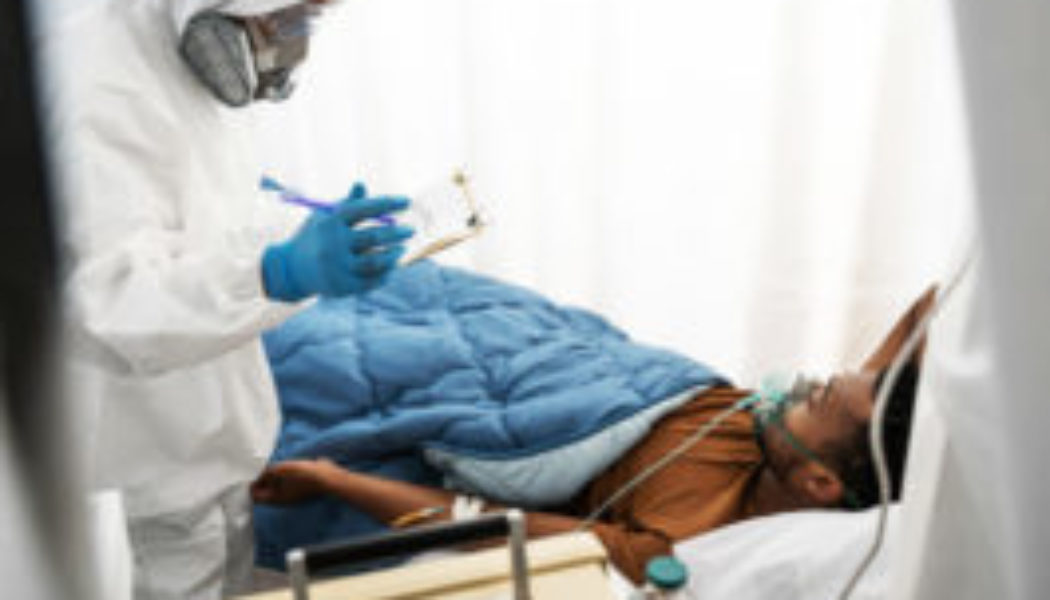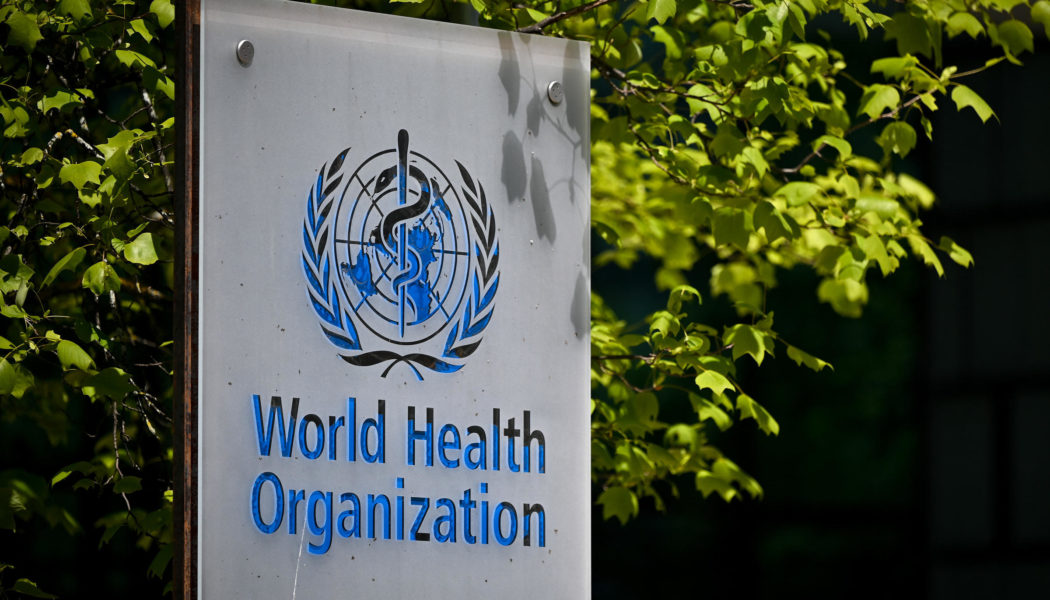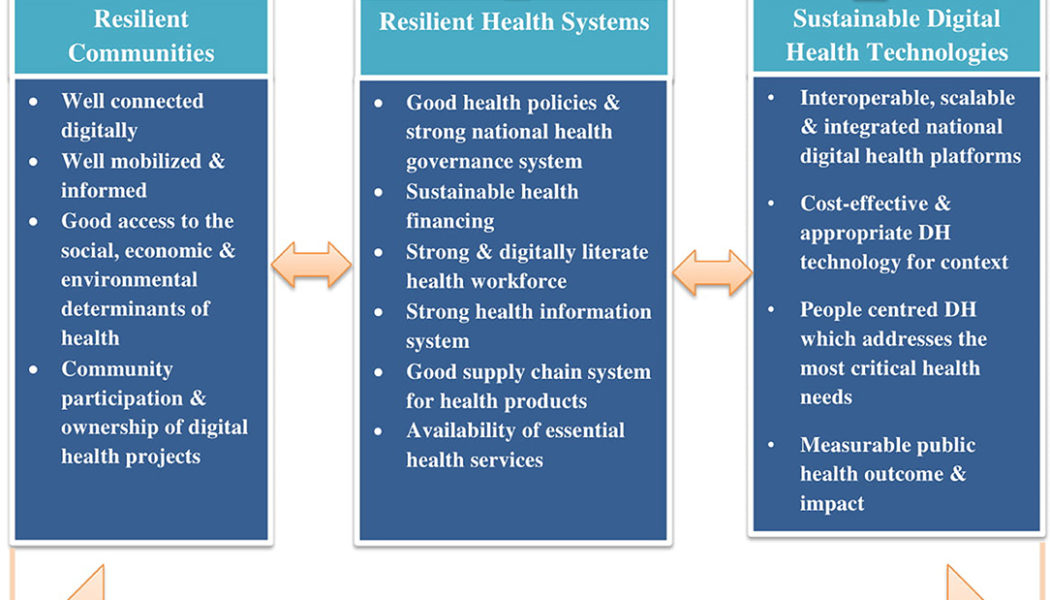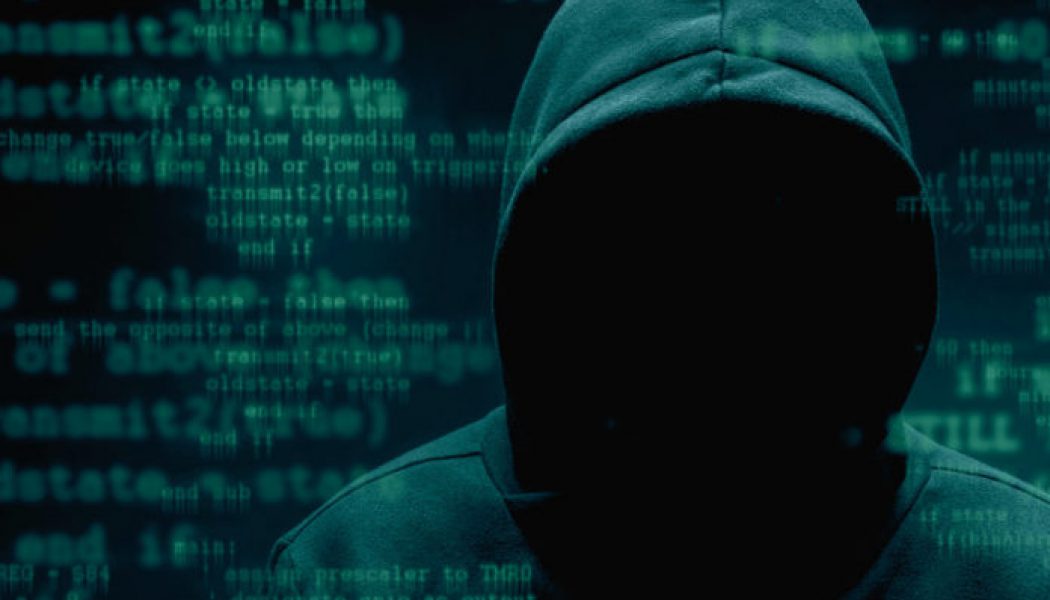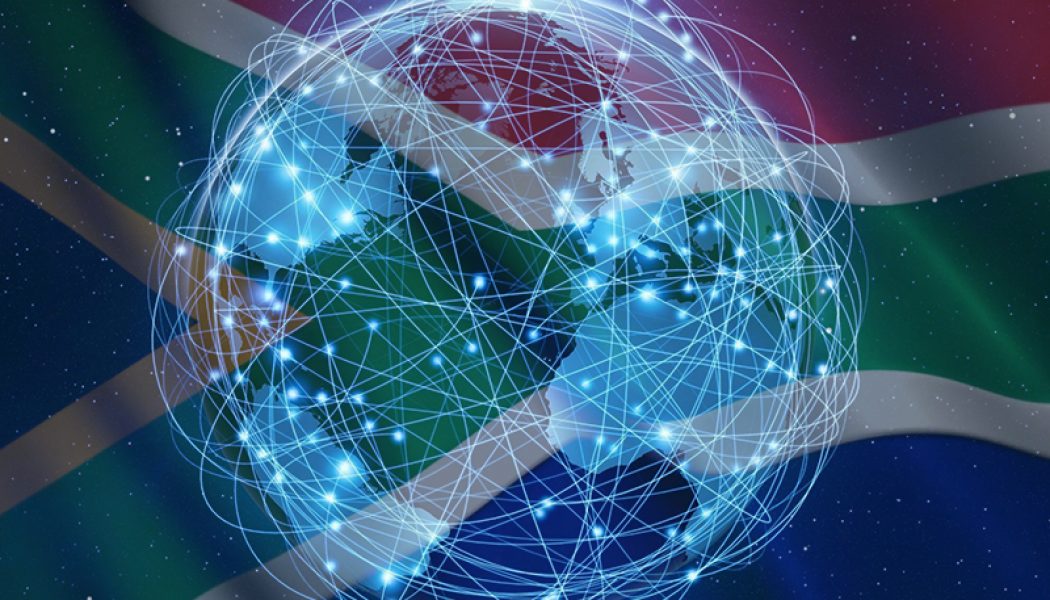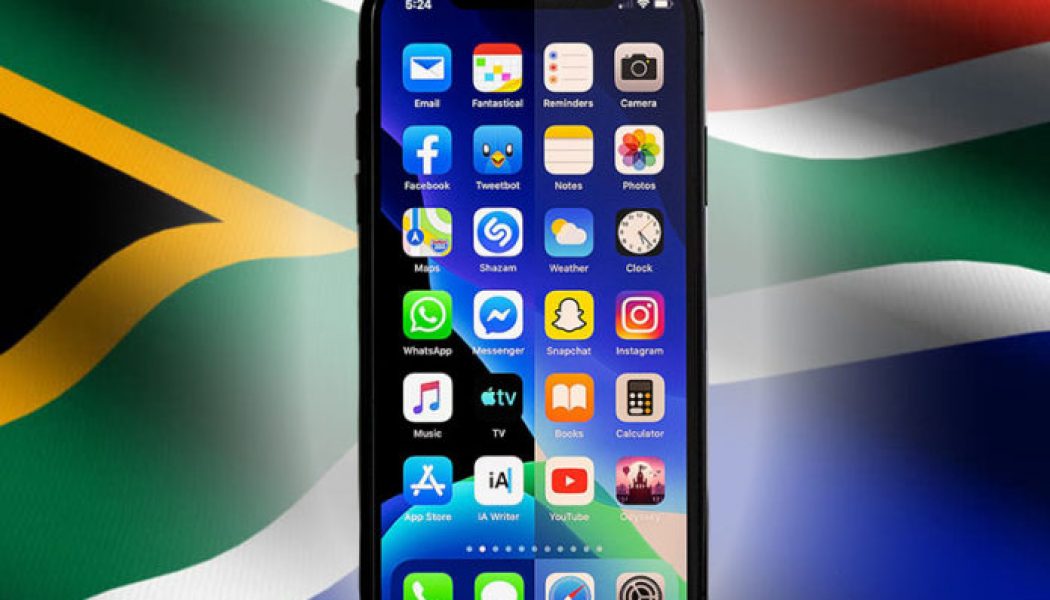South African Tech
1Life and Samsung South Africa Launch COVID-19 Screening App as 3rd Wave Crests
Sourced from Shutterstock /* custom css */ .tdi_4_7dc.td-a-rec-img{ text-align: left; }.tdi_4_7dc.td-a-rec-img img{ margin: 0 auto 0 0; } 1Life, together with LifeQ, using a Samsung Galaxy Watch Active 2 device, have launched a first-in-SA COVID-19 screening app. It uses unique models derived from users’ biometric data to give them an indication of changes in their health, enabling consumers to take proactive precautions in the event of potential COVID-19 onset, which is essential as the country faces a potential 3rd wave of infections. There is growing evidence from studies for the use of biometrics in the early detection of many physical conditions, and this COVID-19 solution is the first of many solutions that LifeQ plans to offer to consumers, athletes, and those with acute and chronic...
South Africa’s COVID-19 Variant Renamed to Avoid Discrimination
/* custom css */ .tdi_4_517.td-a-rec-img{ text-align: left; }.tdi_4_517.td-a-rec-img img{ margin: 0 auto 0 0; } The several mutated variants of the SARS-CoV-2 virus, otherwise known as COVID-19, will now be known according to letters of the Greek alphabet in order to avoid “stigmatization and discrimination”, according to the World Health Organisation (WHO). This new system will apply to the variants seen to be of most concern – the most severe of the four currently in circulation on Earth – and the second-level mutates of interest being tracked. Maria van Kerkhove, WHO’s COVID-19 technical lead, suggests that the new names will not replace the scientific names of the variants, but instead will be “aimed to help in public discussion.” /* custom css */ .tdi_3_c11.td-a-rec-img{ text-align: l...
